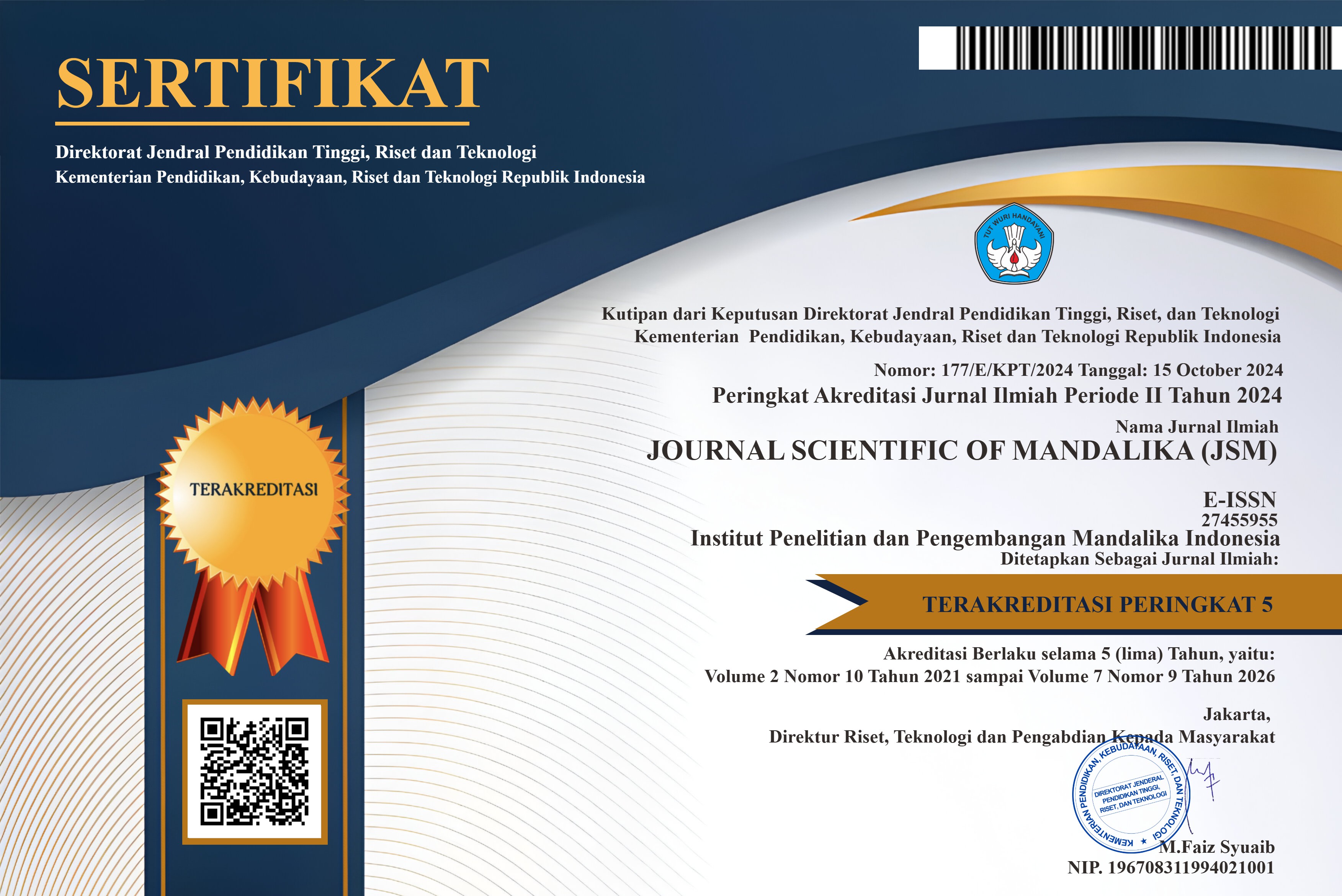Pengaruh Sikap Welas Asih Diri (Self-Compassion) pada Ketangguhan Diri (Hardiness) Dewasa Muda diperiode usia Quarter Life Crisis
Abstract
Entering young adulthood, where the developmental task is to achieve economic and social independence, places individuals at risk of experiencing a quarter-life crisis. This period is often marked by high anxiety and stress about future uncertainties. Healthy self-hardiness is crucial for young adults to manage stress and cope with their developmental challenges. This study aims to explore the role of self-compassion in fostering hardiness among young adults during the quarter-life crisis. The research uses a quantitative cross-sectional design, employing the Multidimensional Hardiness Inventory for Young Adults, which has a reliability coefficient of α = .929. Self-compassion is measured using Neff's (2003) self-compassion scale, adapted into Indonesian with a reliability coefficient of α = .727. The hypothesis was tested using simple linear regression analysis on a sample of 116 respondents, selected through purposive sampling. The results indicate a significant positive effect of self-compassion on hardiness in young adults during the quarter-life crisis (p = .034 < .05). Developing a healthy self-compassion attitude can help young adults build hardiness, enabling them to better manage stress and achieve independence in their social and economic lives.
Copyright (c) 2025 Ade Ubaidah, Fatma Nuraqmarina

This work is licensed under a Creative Commons Attribution-ShareAlike 4.0 International License.













